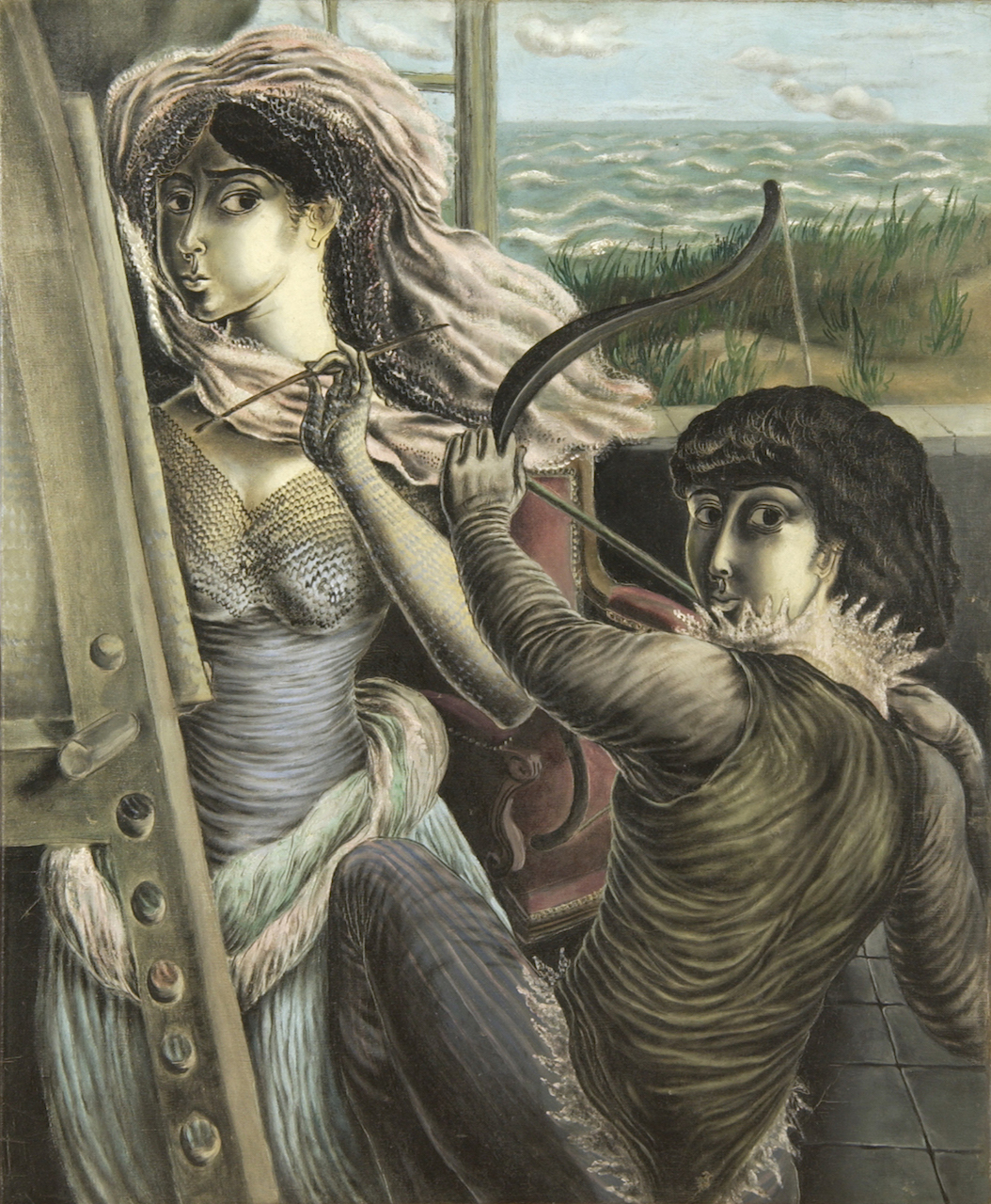The following is the first of a two-part series. In her 1992 masterpiece, The Broken Middle, the philosopher Gillian Rose explored what she saw as a baleful crisis of ethics in modern political discourse playing itself out in the malaise and violence of contemporary urban life. Rose believed the root of this crisis was a […]
Tag: Soren Kierkegaard
Truth And Irony – Beyond Binary Patterns In Theological Reasoning, Part 3 (Florian Klug)
The following is the last of a three-part series. The first can be found here, the second here. It will appear as a full article in the Fall 2021 issue of the Journal for Cultural and Religious Theory. Michel Foucault traced this connection between truth and existential dimension in his late studies on power and subjectivity by […]
Economic Theology And The Indebtedness Of Everyday Life (Philip Goodchild And Devin Singh)
The following is the transcript of “Critical Conversations” No. 9, an ongoing series of Zoom seminars conducted by Whitestone Publications with distinguished international academics. This seminar on economics, theology, debt, and the religious origins of the modern economy was held on May 18, 2021. While the ancient world offered various forms of large-scales debt forgiveness, […]
Modern Theology And The Dialectic Of God, Part 4 (Kelly Maeshiro)
The following is the last of a four-part series. The first can be found here, the second here, the third here. The Barthian Revolt Barth’s theology is in many ways contiguous with Kierkegaard’s philosophy. Though there are some substantive differences, Barth’s project is more or less identical to Kierkegaard’s from the point of view of the specific topic […]
Bushwhacking Derrida – “Perception” – “Context of Context”, “The Hunter And The Hunted” (Gary Bedford)
After Derrida, how can philosophy continue to think critically, and for our task here, ontologically2…? Can a critique of the context of perception via its textual traces render insight into the presumed meta-context of perception itself, of how we perceive our world? What occurs when perception, or its textual thought, defer? Is the question of […]
Revolutionary Love – Kierkegaard’s Gift Economy As A Religious Corrective To The Leveling Of The Public Sphere, Part 2 (Andrew Ball)
The following is the second insatallment of a three-part series. The first can be found here. Kierkegaard’s Agapic Gift Economy In his late authorship Kierkegaard articulates the social ontology that has implicitly grounded his previous works, calling for his readership to reassess the site and mode of Kierkegaard’s beginnings, the starting point of existential relation. […]
The Hollow Christians Of End Times Fiction, Part 1 (Paul Maltby)
The following is the first of a three-part series. A flaw at the heart of End Times fiction gravely weakens its credibility as Christian literature. Its stock characters lack the degree of interiority required for convincing narratives of encounters with the transcendent. The formulaic style of characterization eviscerates Christian experience. This deficiency is especially evident […]
Review – Performance Apophatics (John Matthew Allison)
Claire Maria Chambers. Performance Studies and Negative Epistemology: Performance Apophatics. Palgrave Macmillan, 2017. Hardback. 301 pages. Performance Studies and Negative Epistemology: Performance Apophatics (hereafter Performance Studies) is a book about the limits of knowledge. Drawing upon a variety of fields – including performance studies, Christian negative theology, and assorted schools of Continental philosophy – Claire […]
Traversing W.H. Auden’s Religious And Aesthetic States, Part 2 (Raji Singh Soni)
The following is the second installment of a three-part series. The first one can be found here. Used by Auden in concert with “limitation” to qualify boundaries proper to secular aesthetics in modernity, the term “absurd” in its Kierkegaardian sense implies another precinct against which art and the artist will necessarily chafe in nonreligious domains […]
Traversing W.H. Auden’s Religious And Aesthetic States, Part 1 (Raji Singh Soni)
The following is part one of an article that will be published in three successive installments. TRINCULO Servant-monster! The folly of this island! They say there’s but five upon this isle: we are three of them; if th’other two be brained like us, the state totters.[1] In the expanse of scholarship on W.H. Auden’s oeuvre, […]









